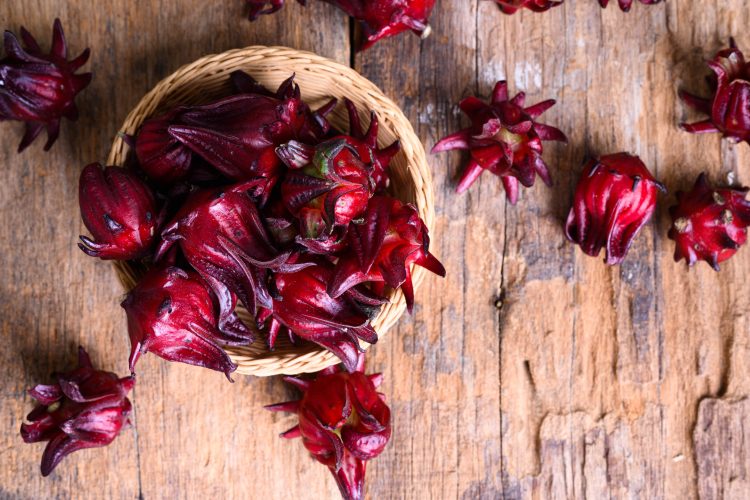Scientists investigate plant that could manage obesity
- Like
- Digg
- Del
- Tumblr
- VKontakte
- Buffer
- Love This
- Odnoklassniki
- Meneame
- Blogger
- Amazon
- Yahoo Mail
- Gmail
- AOL
- Newsvine
- HackerNews
- Evernote
- MySpace
- Mail.ru
- Viadeo
- Line
- Comments
- Yummly
- SMS
- Viber
- Telegram
- Subscribe
- Skype
- Facebook Messenger
- Kakao
- LiveJournal
- Yammer
- Edgar
- Fintel
- Mix
- Instapaper
- Copy Link
Posted: 9 March 2023 | Grace Galler | No comments yet
Antioxidants in the roselle plant have anti-obesity properties that could help in food alternatives to current weight management medications, researchers claim.


Researchers at the RMIT University have said that antioxidants in the roselle plant have anti-obesity properties that could help in food alternatives to current weight management medications.
The study, led by PhD candidate Manisha Singh, looked at how antioxidant compounds (phenolic extracts) and organic acid (hydroxycitric acid) found in the hardy roselle (Hibiscus sabdariffa) could inhibit the formation of fat cells.
“When the body has an excess of fat intake, fat can be deposited in the cell, which turns them into fat cells called adipocytes,” the researchers explained.
“Adipocytes are vital for regulating the body’s energy and sugar levels. However, when energy intake exceeds expenditure, it can cause the fat cells to grow in both size and number, contributing to obesity.”
In the study, human stem cells were separately treated with phenolic extracts and hydroxycitric acid before they were turned into fat cells. Though cells treated with hydroxycitric acid reportedly showed no change in the fat content of the adipocytes, cells treated with phenolic extracts had 95 percent less fat as compared to control cells.
Claiming that this research is the “first of its kind”, Singh’s PhD supervisor Professor Benu Adhikari, from RMIT’s Food Research and Innovation Centre, said the results of the study “could impact how we approach obesity management”.
With this discovery, the scientists have said that medication used to treat obesity can have negative side effects such as high blood pressure or impact the kidney and liver.
“The phenolic extracts from the roselle could help create a health food product that is effective in interfering with the formation of fat cells, but also bypass the bad side effects of some medications,” said Adhikari.
Singh’s research also found polyphenols in the roselle had similar digestive enzyme-inhibiting properties as some obesity management medications.
Predicting future usage, Adhikari expects that the roselle will play a bigger role in Australia’s health food industry, stating that “Australia has the perfect climate for farming the roselle. The plant is hardy, disease resistant and it doesn’t need a lot of space or water to grow”.
Going forward, the research team has said that it plans to encapsulate the phenolic extracts for use in health food products. They have suggested that extracts could be turned into little beads and used to make drinks.









